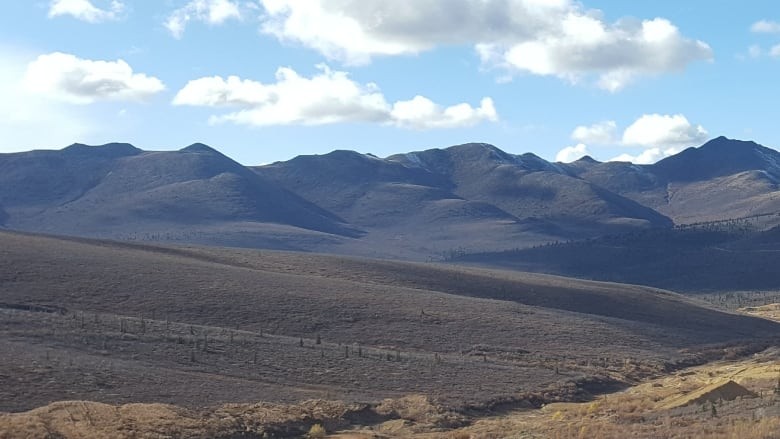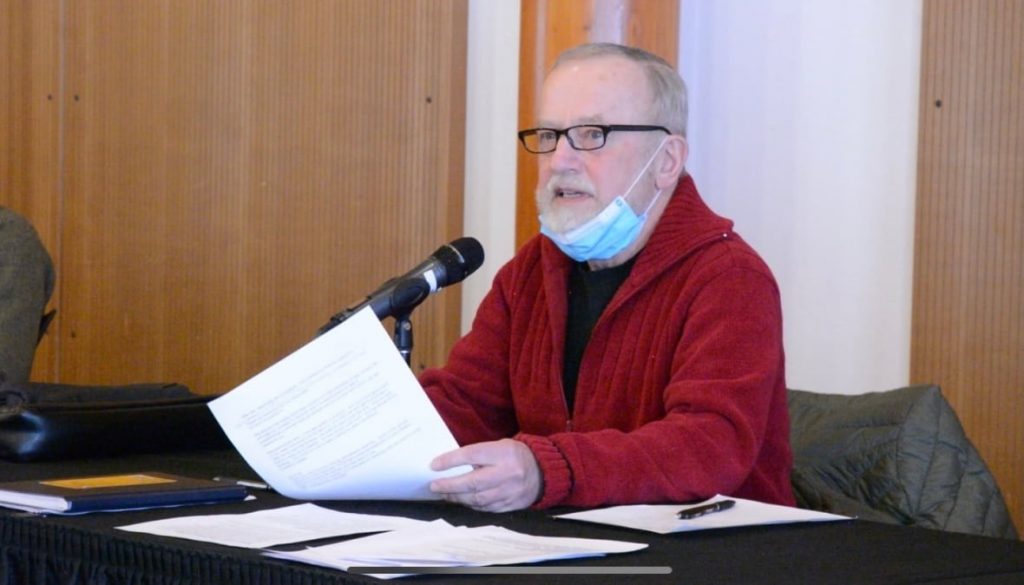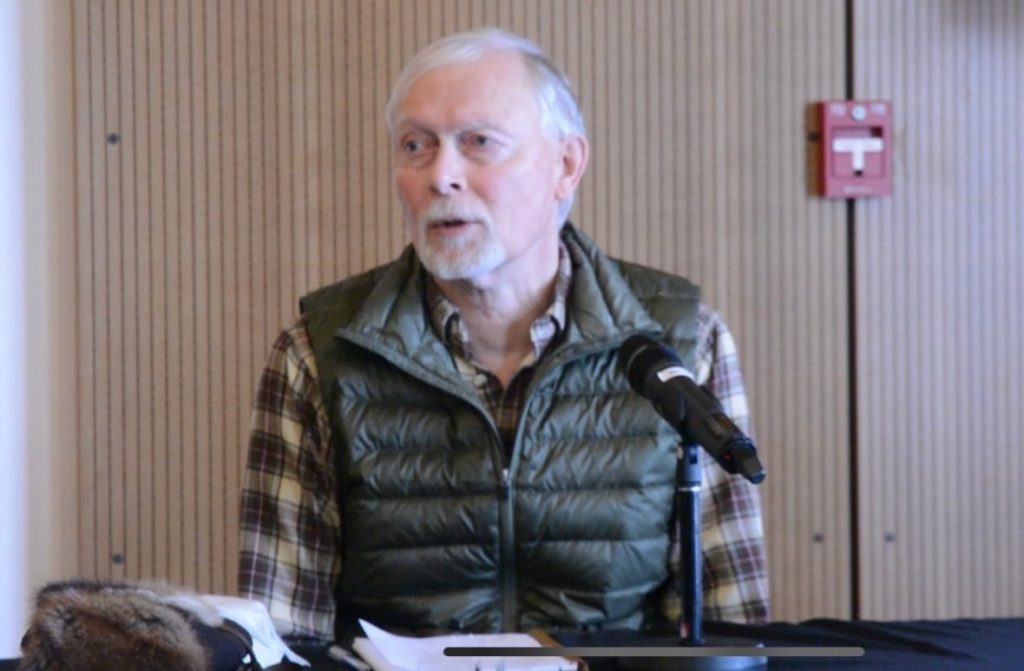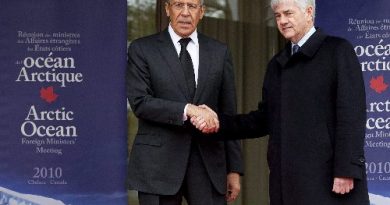Yukon’s off-road vehicle legislation on right path, say advocates

A variety of conservation, tourism and outdoor recreation groups in Yukon gathered at a roundtable meeting this week to offer their reactions to new limits on all-terrain vehicle (ATV) use in Yukon.
For the most part, reaction was positive.
The Yukon government recently announced the creation of three zones where the use of off-road vehicles will be limited only to designated trails.
They include two special protection areas and all alpine areas managed by the government that have an elevation of more than 1,400 metres, according to Energy, Mines and Resources Minister Ranj Pillai.
The alpine elevation alone represents about 18 per cent of the territory’s land surface, participants at Thursday’s roundtable heard from Don Reid, a biologist with the Wildlife Conservation Society in Whitehorse.

Memo from 1981 calls for ‘urgent’ action
Vern Peters is a member of the Trails Only Yukon steering committee and served as moderator.
In introducing the panel discussion, he said the issue of all-terrain vehicles (ATVs) or off-road vehicles (ORVs), has been an issue for decades in Yukon.
And he brought proof.
Eliciting some laughter, Peters produced an old memo from Yukon’s Department of Environment, which told the government of the day that that “managing ORVs in our wilderness is an urgent issue which has to be dealt with quickly and effectively.”
The memo was from 1981.
“Since 1981 there have been 15 commission papers, reports and studies, seven studies and six consultations. After 39 years of missed opportunities, we finally have the first on-the-ground action to protect wildlife habitat and wilderness while ensuring the responsible use of ORVs in Yukon,” Peters said.

Tour guides ‘want to be operating in a sustainable way’ says tourism association
Neil Hartling of Tourism Industry Association Yukon said companies recognize the importance of protecting wildlife habitat.
“We have operators who utilize ATVs on existing roads and trails. They want to be operating in a sustainable way. We welcome the regulations presented here,” he said.
Randi Newton, conservation manager for the Canadian Parks and Wilderness Society (CPAWS) Yukon, said her organization welcomes the new regulations as well but added the society believes that wetlands should be better protected.
“We know that many people use off-road vehicles for a host of reasons, from hunting to accessing the back country, hauling materials out to a cabin, or taking the grand kids out for a Sunday drive,” Newton said.
“We also know that off-road vehicles can take a heavy toll on the land, especially in sensitive ecosystems like the alpine and wetlands.”
Teena Dixon, who operates Who What Where Tours in Whitehorse, spoke as an Indigenous tour operator and member of the Tourism Industry Association of the Yukon.
She said mitigating damage in the back country should be important to the wilderness tourism industry, as Yukon is often marketed as a pristine wilderness.
That brings a responsibility to preserve it, she said.
“Our wilderness and back country is changing. And ‘sustainable’ is a large word, but it’s a meaningful word that we all need to take seriously, if we’re are going to continue to operate,” Dixon said.
A written message from the Yukon Outfitters Association has also expressed support for the new legislation, calling it a “reasonable balance.”

Some concerns about policies, such as requiring insurance
Eric Schroff, director of the Yukon Fish and Game Association, said his group generally supports the new measures, albeit with some concerns.
One example is that the group supports identification measures like licence plates, but would not agree that insurance should be required for ATVs which do not travel on roads.
“It’s a challenge, it really is. I think there’s been some great steps forward with this, saying that use will be permitted on existing trails and a commitment to map those trails and delineate where we can expect where motorized use can occur,” Schroff said.
Schroff said some restrictions will bring “real and meaningful protection from cumulative damage to the alpine. By every standard, Yukoners have overwhelmingly supported this,” he said.

Schroff emphasized the need for responsible use on trails.
“On those trails, whether you have something that has 80 horsepower, or 20 horsepower, or a 500-watt electric mountain bike, damage can occur if used inappropriately,” he said.
Don Reid of the Wildlife Conservation Society spoke of the issues caused by ATVs in the back country.
One problem is noise, he said, especially at higher elevations.
“There is very definitely an issue of noise disturbing animals and forcing them to move away from places where there is a lot of vehicle use and people moving around. And that is particularly a problem in alpine areas, because the visibility is so high and noise travels very well in those circumstances,” Reid said.
“The second issue is the actual physical destruction of habitat. And that’s where this prescription of vehicles to follow only an existing set of trails will help a great deal. The proliferation of trails going everywhere can actually destroy a considerable amount of habitat.”
The new regulations took effect Jan. 28.
Related stories from around the North:
Canada: Yukon to begin regulation of off-road vehicles in alpine areas, CBC News
Finalnd: Safety debate sparked in Arctic Finland after hunter shoots cyclist in national park, Yle News
Greenland: Greenland changes COVID-19 rules for travellers from Iceland, Faroe Islands, Eye on the Arctic
Iceland: Iceland eases COVID-19 rules for educational institutions, sporting events, Eye on the Arctic
Norway: Norwegian Arctic wilderness tourism hit particularly hard by coronavirus, The Independent Barents Observer
Russia: Russia wants to boost tourism to Arctic archipelago, The Independent Barents Observer
Sweden: Summer tourism recovery is slow going in Sweden, Yle News
United States: Alaska: Sudden crackdown on four-wheelers quiets Bethel streets and upsets residents, Alaska Dispatch News



